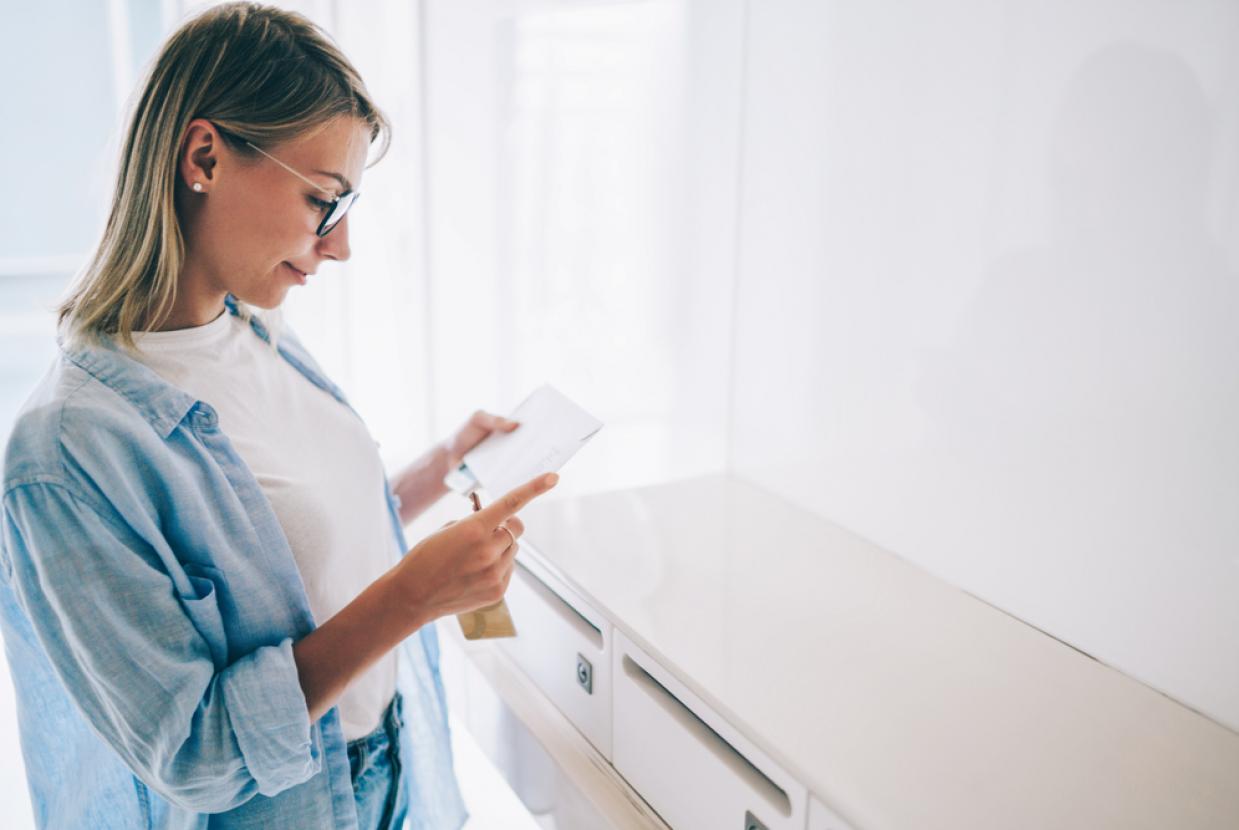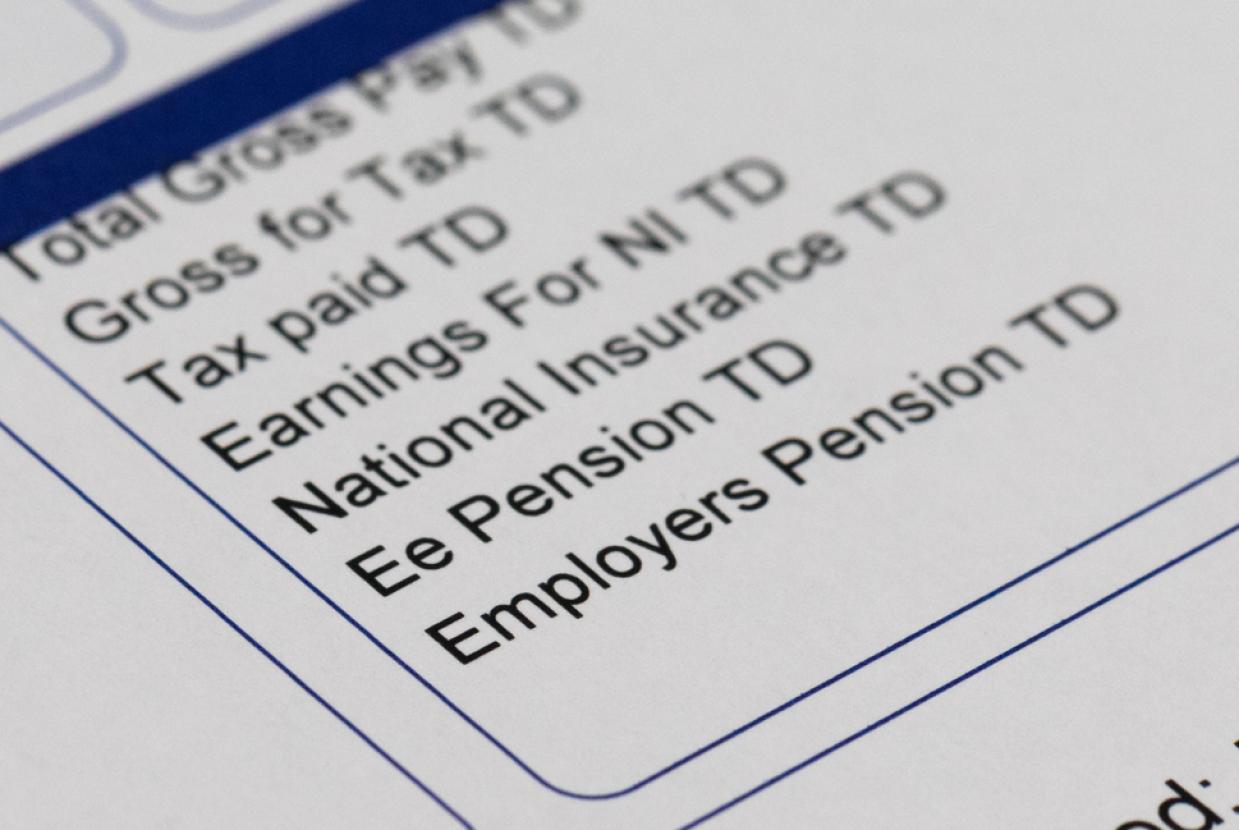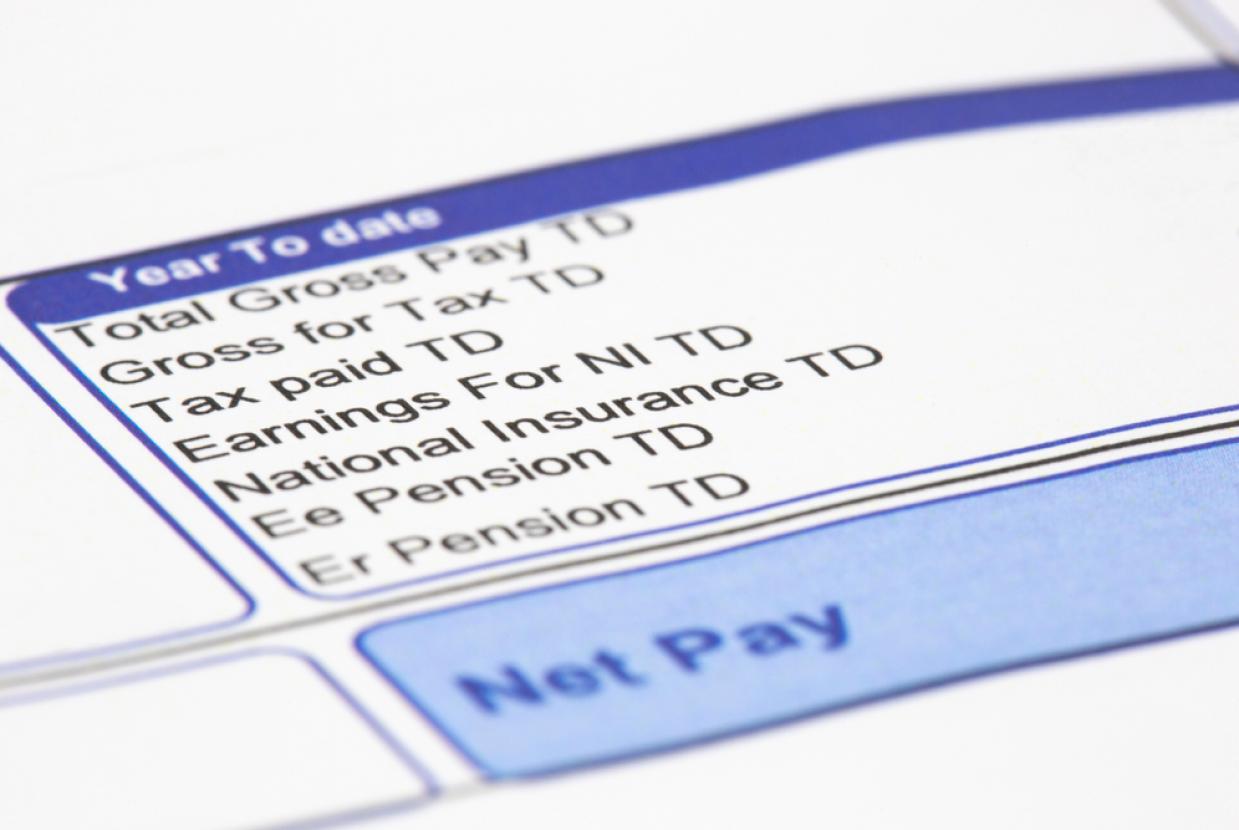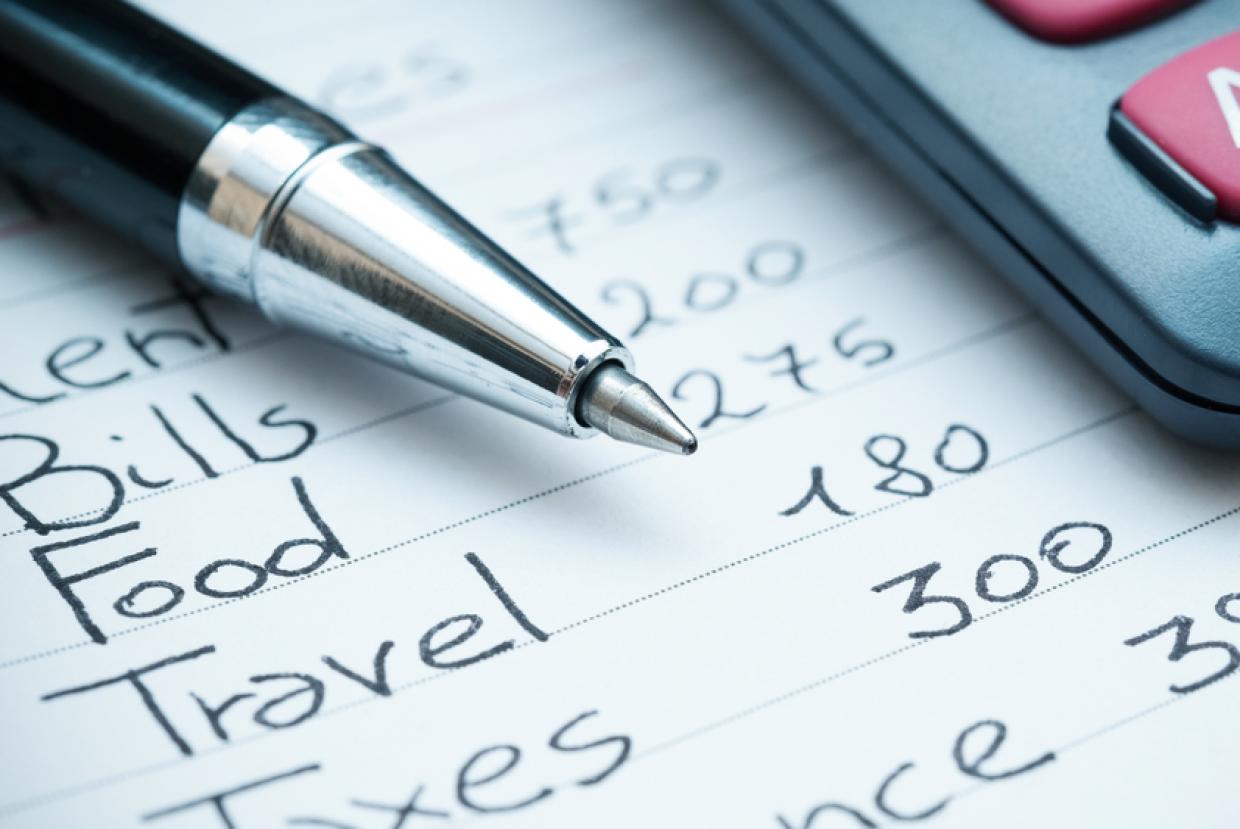Benefits & Universal Credit
If you’re self-employed or on a low income, it’s important to know that Universal Credit is replacing a number of benefits you would have normally claimed, including Tax Credits, Housing Benefit and Working Tax Credit.
If you’ve just lost your job, the main benefit you can claim is new style Jobseeker’s Allowance (JSA). The benefits available depend on how long you were working for, your National Insurance contributions, how you left your job, and your household circumstances.
This section will help you find out more about what to expect and how to prepare.
If you’re struggling to pay bills, have lost your job or are on low income, it might be worth considering claiming Universal Credit. Universal Credit is a payment paid monthly, or twice a month for some people in Scotland, to help with your living costs.
What is Universal Credit?
Universal Credit is a benefit payment for people in or out of work.
It replaces some of the benefits and tax credits you might be getting now:
- Housing Benefit
- Child Tax Credit
- Income Support
- Working Tax Credit
- income-based Jobseeker’s Allowance
- income-related Employment and Support Allowance.
The Department for Work and Pensions (DWP) call these legacy benefits and, in general, you can no longer make a new claim for them. If you need extra support you'll have to claim Universal Credit.
If you’re currently claiming legacy benefits, and nothing changes in your life, you'll continue getting them until the DWP asks you move to Universal Credit.
England and Wales
If you get help with your rent, this will be included in your monthly payment – you’ll then pay your landlord directly.
Scotland and Northern Ireland
Your rent can be paid directly to your landlord or you can choose to pay it yourself.
You might be able to claim Universal Credit if:
- you’re out of work or on a low income
- you’re aged 18 or over (there are some exceptions if you’re 16 or 17)
- you or your partner or spouse are under State Pension age
- you and your partner or spouse have less than £16,000 in savings
- you live in the UK.
There are some situations where you can claim Universal Credit if you’re 16 or 17-years-old, or when you’re studying.
How long does it take to get Universal Credit?
It’s important you apply for Universal Credit as soon as you’re entitled, even if you don’t think you qualify. This is because you might have to wait up to five weeks after claiming before your first payment, as it’s paid in arrears.
If you find a new job, or your circumstances change before your application is complete, you’ll be able to cancel it.
But at least you won’t have to start your application from scratch, or wait for your first payment. This could help you avoid needing to take out an advance payment. You can apply for an advance payment if you don’t have enough to live on while you wait for your first payment.
If you're already getting legacy benefits, it's worth checking with a specialist benefits adviser before you apply to check that claiming Universal Credit is the right move for you.
This is because you can't usually move back onto your old benefits once you're on Universal Credit.
How often is Universal Credit paid?
Universal Credit is paid monthly in arrears in England, Wales and Scotland. However, in Scotland, you can ask for fortnightly payments instead. In Northern Ireland, the default payment period is every fortnight. But you can choose to get monthly payments.
How much is Universal Credit?
Universal Credit is made up of a basic allowance plus different elements for things like housing costs, bringing up children, caring or sickness and disability.
The amount you get in Universal Credit can go down or up, depending on what income you get from:
- working
- a pension
- other benefits
- savings and capital above £6,000.
Universal Credit and working
You can work as many hours as you like when you’re on Universal Credit. There are no limits that there are with existing benefits such as Income Support or Working Tax Credits. If you’re in paid work, you might be entitled to a work allowance.
How to apply for Universal Credit
If you’ve used your Government Gateway or Verify account in the past year – for example, to file a Self Assessment tax return – this can be used to prove your identity.
If you’re entitled to claim Universal Credit, you need to claim online on the GOV.UK website. Find out what information you need before you start your claim on the GOV.UK website.
Are you and your partner are making a joint claim? Then only one of you will need to complete the online claim form. But that person will need to enter details for both of you.































